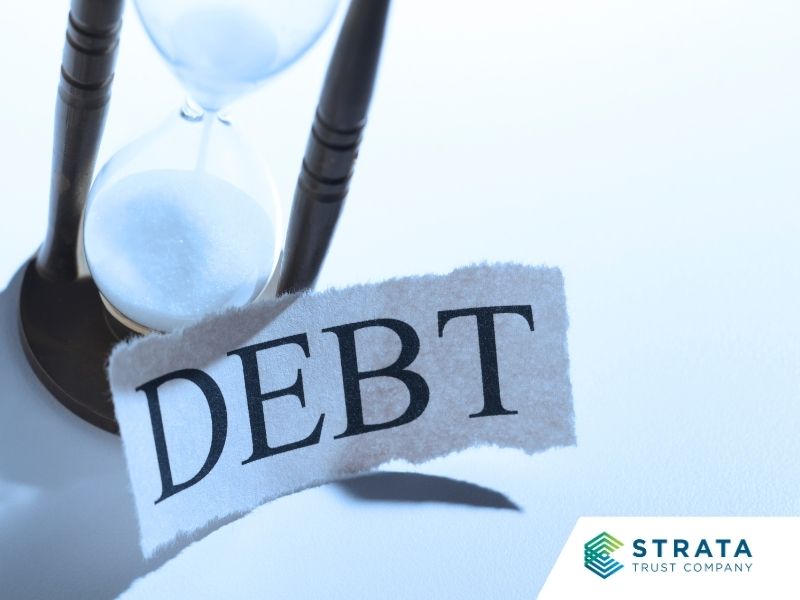As investors navigate an already choppy economy, recent spikes in coronavirus cases and heightened political tensions across the U.S. have some investors’ nerves rattled. Some may be seeking to diversify away from the stock market and protect their hard-earned retirement savings. One way to achieve this is through alternative investment opportunities, including private debt.
Following the 2008 financial crisis, private debt became an established asset class in its own right, matching the needs of yield-seeking investors and companies looking for capital growth. Private debt fundraising reached new record-breaking levels in 2017, with the total raised globally surpassing $100 billion for the first time (BNY Mellon). Private debt remains a popular source of funds today for borrowers seeking nontraditional financing solutions.
What is private debt?
It’s a unique opportunity for investors to capitalize on debt that’s incurred by individuals, companies and corporations of varying sizes. What makes the opportunity distinct is, when held in a self-directed IRA (SDIRA), investors have the ability to purchase the debt and collect the interest on a tax-advantaged basis.
There are several types of private debt opportunities available to investors, such as, trust deeds and mortgage notes, secured notes, convertible notes and corporate debt offerings.
Why invest in private debt?
Investing in private debt offers investors unique advantages, especially when held inside of an SDIRA. Some of these advantages include:
1. Offers higher returns. Private debt can offer enhanced returns compared to traditional fixed income securities, like bonds and certificates of deposit.
2. Largely uncorrelated with traditional asset classes. Unlike stocks and bonds, an investor’s return is based upon the borrowers making interest and principal payments throughout the life of the loan.
3. Provides access to other alternative assets. Some of which could be real estate, infrastructure and corporate financing. Private debt can help to diversify one’s portfolio, which can prove to be beneficial in times of extreme market volatility.
Before investing in private debt, it’s crucial for investors to choose a reliable custodian for a seamless investment process.
Disclaimer: The information provided herein does not, and is not intended to, constitute personalized financial or legal advice. The contents of the article are for general informational purposes only and should not be relied or acted upon without specific professional legal or financial advice, based upon an individual’s situation.





